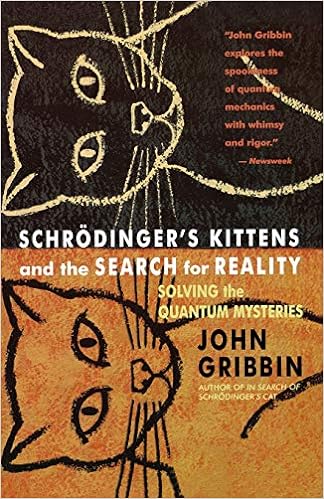Thanks for the suggestion. I will definitely take you up on it.LionJim,
You may like The Strangest Man, a biography of Paul Dirac:
The Strangest Man
by Graham Farmelo. It covers not only the obligator details of his life, and is filled with stories of his renowned reserved manner of speech, but it goes into great detail of how he approached physics during the birth of qantum mechanics and his central part in it. His approach was based on the belief that at the deepet level of physical reality, the underlying mathematics must be intrinsically beautiful. He hated many approaches to quantum field theory that he thought ugly, especially the way they got rid of those pesky infinities that crop up and are waved away by "renormalization".
After many undergraduate and graduate courses in quantum theory that didn't make sense, I locked myself in my room one summer and for over a month, eight hours a day, I slowly worked through his book The Principles of Quantum Mechanics. It was so elegant, concise, clear, and (yes) beautiful. When I finlshed it, I finally understood what all those teachers and textbooks were trying to say. Reading The Strangest Man made me go back and look up some of his early papers from 1925 through 1930. He was truly one of the greatest physicists of the 20th Centry, and many of his ideas that fell neglected (e.g., magnetic monopoles, the apparent absence of which was the original reason why cosmologists came up with the idea of a short period of cosmic inflation just after the Big Bang) may yet prove fruitful. He argued that if there was even one magnetic monopole in the universe, that would demand that the basic unit of electric charge must be quantized. What a mind!
I really know nothing of Dirac other than his eccentricities and his kind personality; he was a very sweet man. He was married to Eugene Wigner’s sister and he would introduce his wife as “Wigner’s sister.” (Probably not a play on “Wigner’s friend.”) Another story I like is that a graduate student tried to make small talk with Dirac by mentioning that it was a very windy day. Dirac got up out of his chair, walked to the door, opened it, looked outside for a few moments, closed the door, went back to his chair, and said, “Yes.”
Last edited:






